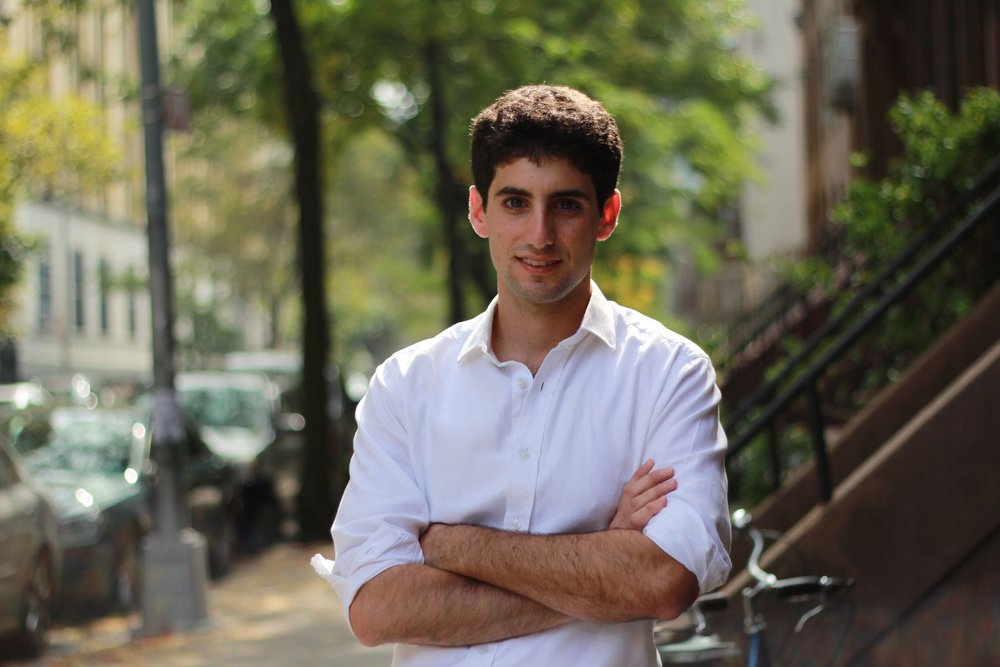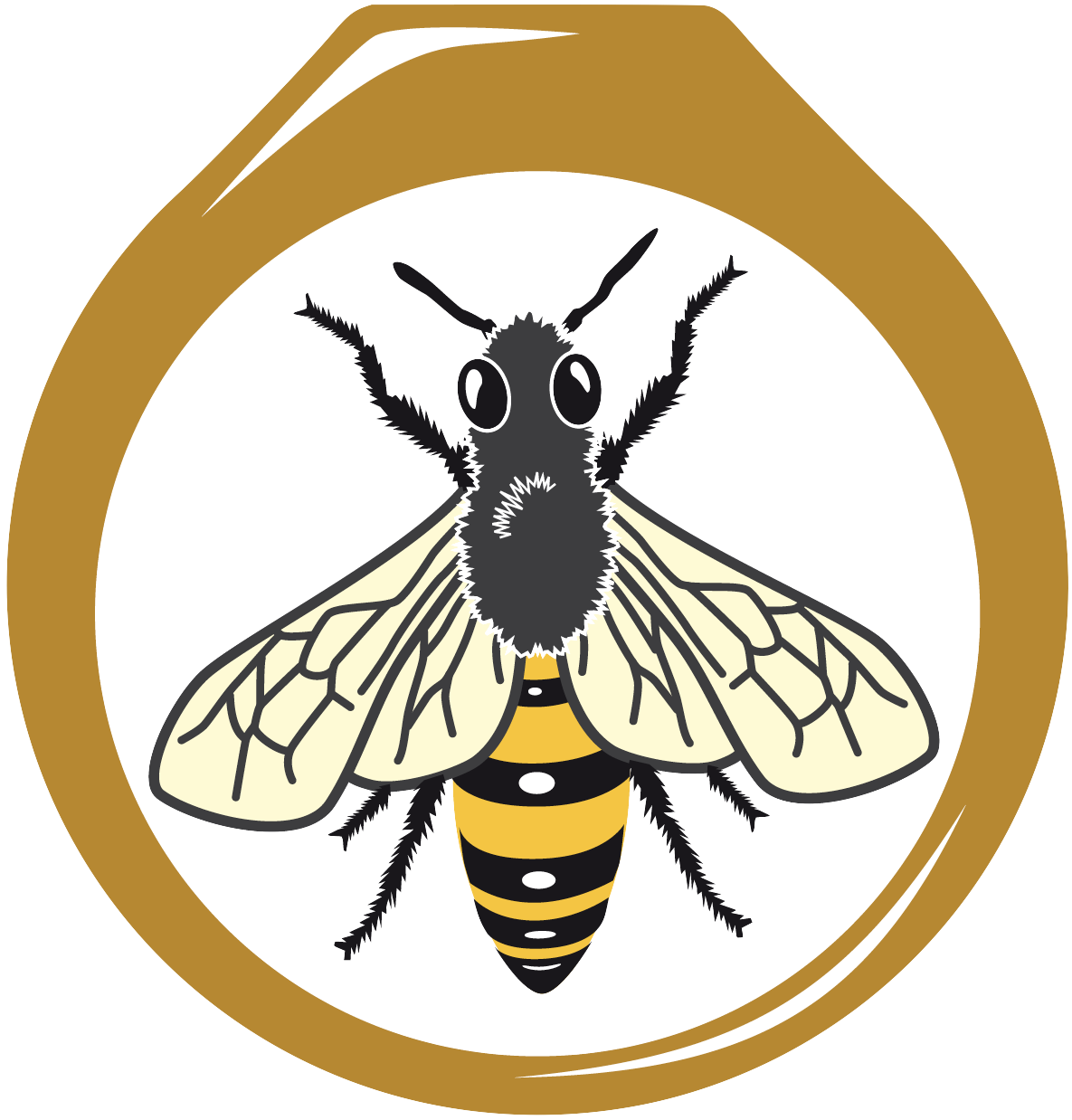When you imagine an acclaimed author, perhaps you picture grumpy old men and women slaving for years over gargantuan tomes. Likely, you don't imagine someone like Mark Chiusano '12, the baby-faced young author of Marine Park, whose success (and Pen/Hemingway Honorable Mention) belies his youth and cheery good nature. Below, in our latest installment of Drone on Drone, theater practitioner extraordinaire Kat Zhou '17 interviews Mark about writing, The Signet, and a garbage bag of donuts.

KZ: What is the first thing you remember writing?
MC: Beyond ripoffs of "In a Dark, Dark Wood" in elementary school? Probably the first real thing was a story I wrote freshman year about two kids from Marine Park who fall in love with their next door neighbor. I named one character after a new college friend, Shadman, and I'm still reaping the friendship benefits of that choice.
KZ: Who are your biggest influences, or what’s the first thing you read that made you think you wanted to be a writer?
MC: I think I toggle between Willa Cather/F. Scott Fitzgerald on one side and Roberto Bolaño on the other. Cather and Fitzgerald are so clean and evocative and observant, and Bolano is never not bold and exciting, which is a pretty good thing to aim for in fiction.
KZ: What is the hardest part about the writing process for you, and how do you confront it?
MC: I think the hardest part is getting started, so I try to keep up writing as a regular habit, just something I do before going to work for the day.
KZ: What is the best thing you’ve read recently?
MC: Loved The Sympathizers, by Viet Thanh Nguyen, story of a double agent from North Vietnam who straddles American and Vietnamese culture. It's extremely funny, and dark and riveting, but really often funny, as in scenes where the main character tries to make an Apocalypse Now-type movie less stereotypical.
KZ: Your book, Marine Park, was originally created as an undergraduate thesis. What was the editing process like to get the project ready for publication?
MC: My thesis made up about half of the book, then I spent a few months after graduation writing new stories that also went in (those included the two Ed Monahan stories about basketball, haircuts, and fighting, for those who'd like to check out the book). Then I rearranged the stories a bit and submitted to my editor, who had some tough but good advice on ways to expand a few of the stories in key places, sort of urging some of them towards more action which I think helped the book tremendously.
KZ: What were your go-to places on campus to work done?
MC: The Winthrop Library! Particularly good given proximity to Noch's. And Widener too, those wide tables. Never underestimate how great it is to have places in college where silence is mandated. I have writer friends here in BK who choose cafes because they don't play music.
KZ: Do you have any favorite memories or weird stories to share about the Signet Society?
MC: I should have said that the third place I would write was at the Signet, usually late-ish at night or post lunch hours. A few friends and my girlfriend and I would write all together, which made it fun but sometimes diminished the amount of writing. Under my girlfriend's leadership we were often planning things like a play about the Titanic with giant puppets (which I did eventually write a monologue for, and an actor friend did a reading of it in a directing class, which basically felt like Hollywood).
KZ: What is the most important class you took as an undergrad?
MC: My creative writing classes taught me how to stay disciplined and got me started on short stories, for which I'm really thankful. A really cool class I took outside of English was a math seminar called "Circles" in which we basically spent the semester close-reading a long 17th century proof by a mathematician who was searching for an early form of calculus and also found a formula for pi. The proof itself is almost literary though, in the mathematician's ups and downs and asides, and I tried to use some of that feeling in a few stories. Which helped encourage me to look at different topics for fiction when possible.
KZ: This is a strange time to be working in the press. What kind of changes do you sense either in your professional environment or your own journalistic approach? How has that impacted the way you write fiction?
MC: It's a strange but interesting time to be a journalist. It's made me think a lot about the importance of facts and the way lies can become unshakeable narratives, on either political side. I think my fiction has always been somewhat influenced by journalism--I try to do some "reporting," informal interviews with people, reading nonfiction, etc., for stories about things I'm not familiar with. I think that has always made stories better.
KZ: I believe you’re working on a novel right now. How is that going? How have you matured as a writer since
Marine Park
?
MC: Yes I just finished a draft of a novel! It's really different from Marine Park, much longer but also less clipped line by line. I had to retrain myself to go deep down into particular characters without looking for the space break and the story's end. It was refreshing eventually, though, really fun to be returning to the same characters and themes for months at a time.
KZ: Is there a question you’ve always wanted to be asked or an anecdote you’ve ever wanted to share? Alternatively, what’s your go-to dinner party story?
MC: The go-to story that my friends usually tell about me when I'm at their dinner parties is the time I came into a large dorm room our junior year along with another friend, carrying an enormous garbage bag of donuts. Dunkin Donuts used to throw them out at the end of the night in the dumpster next to the Crimson and, well, I learned this. Everyone was pretty excited too and we sat in a circle and noshed down on the donuts for a few minutes, until someone reached in for thirds or fourths and took out a sticky spoon. And then another person reached in and found a half empty ice cream carton. And then we threw out the garbage bag.
KZ: Any parting words of wisdom for aspiring writers? Hardest lessons to learn?
MC: Denis Johnson came to the Advocate when I was a sophomore or junior and his advice was something like, write every day for two minutes. Everyone can find two minutes, and sometimes you'll end up writing for more. Either way it develops the habit, and you'd be surprised how many words you can get out of sticking to the habit, and building it up when possible.
